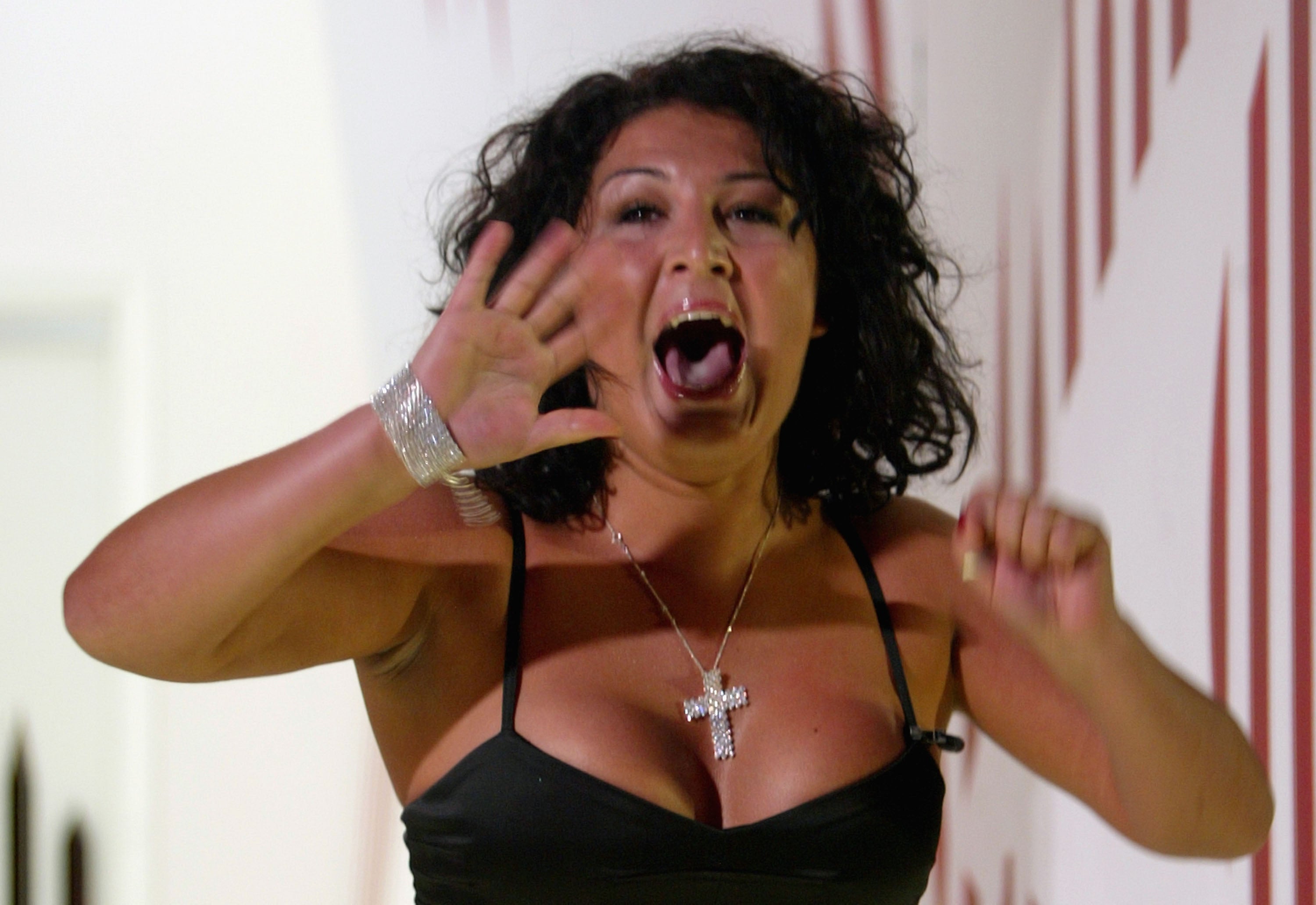
Support truly
independent journalism
Our mission is to deliver unbiased, fact-based reporting that holds power to account and exposes the truth.
Whether $5 or $50, every contribution counts.
Support us to deliver journalism without an agenda.

Louise Thomas
Editor
Nadia Almada has reflected on her Big Brother victory at the height of the show’s success, 20 years on.
The Portuguese-born star received almost four million votes during the season five final, which is the highest winning margin in Big Brother history to date. Almada, who now works as a hair stylist in Surrey, remains the show’s only transgender winner.
In a new interview with The Guardian, she reflected on her win and the role that “voyeurism” about her transgender identity played in it. She also revealed that the reality TV stint brought her estranged family together.
“I didn’t go in there with any plans to be a role model or a reference point,” she said. “But, by default, I became that person and there is that whole generation since that still uses me as their first moment of understanding what a trans woman could be.”
Almada praised the show for bringing “real people” and “minorities” to the awareness of the general public. The star, who Big Brother presenter Davina McCall calls her “all-time favourite housemate”, won the show during the same year as Labour introduced the Gender Recognition Act. The legislation allowed trans people to change their legal sex.
“Big Brother celebrated real people,” she continued. “And it brought forward minorities who were less visible on TV. That was one of its USPs, that it brought to the forefront conversations that needed to be had.”
Reflecting on the reasons she won, Almada feels that her “humanity” and personality shone through to win over the general public. But she has doubts about the role her transgender identity played in viewers’s perceptions.
“The humanity of Nadia is what became relatable and endearing to people,” she said. “But I’m still debating: was it that seeing a trans woman in that scenario highlighted a curiosity or a voyeurism?”

She added: “I believe deep down that I transcended all those things. I just became Nadia, a force to be reckoned with.”

Watch Apple TV+ free for 7 days
New subscribers only. £8.99/mo. after free trial. Plan auto-renews until cancelled

Watch Apple TV+ free for 7 days
New subscribers only. £8.99/mo. after free trial. Plan auto-renews until cancelled
In 2004, when she first appeared on the show, she acknowledged that public discourse around gender identity was still in its early stages.
“Even the word ‘transgender’ wasn’t so common – the word ‘transsexual’ was still used, which some people find derogatory,” she said.
But her visibility has supported other trans people through their own experiences. She says that she hears of individuals who saw her on Big Brother and “even though they weren’t ready at that time, that was the first reference they could relate to – and now they are proud trans women”.

Almada, who also had a brief stint as a singer with the single “A Little Bit of Action”, also opened up about how her appearance on the show brought her family closer.
Experiencing “physical and emotional” abuse at the hands of an alcoholic father, who was raised during Portugal’s Salazar dictatorship, she shared that her mother, who had raised the family as strict Catholics, said she would “pray” for her daughter when she revealed she was trans.
However, her mother was waiting for her when she left the house a winner.
“It really helped us to unite as a family and allowed me to reconnect as a sister, and as an auntie soon after. And it became less of an issue,” she said.







